Attorney-General Mark Dreyfus Mark Dreyfus’s attempts to water down Indigenous voice to parliament’s ‘executive government’ powers rejected
Attorney-General Mark Dreyfus has been rebuked by Aboriginal leaders in the government’s referendum working group for trying to water down the Indigenous voice to parliament powers.
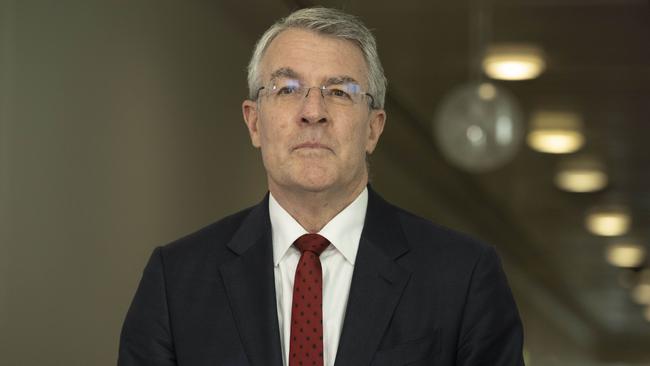
Attorney-General Mark Dreyfus, who tried to water down the proposed Indigenous voice to parliament’s power to advise the executive government, has been rebuked by Aboriginal leaders in the government’s own referendum working group.
The Australian has been told by sources inside the working group meeting in Canberra on Thursday that Mr Dreyfus suggested an alternative to the use of “executive government” in the proposed constitutional amendment to enshrine the voice and several members of the working group thought his actions “overreach”.
Mr Dreyfus on Thursday attended one of the final meetings of the referendum working group with Solicitor-General Stephen Donaghue KC, who met the Indigenous leaders in person for the first time and provided his legal advice on the constitutional amendment.
In its draft form, the proposed constitutional amendment that Australians will vote on later this year says the voice “may make representations to parliament and the executive government on matters relating to Aboriginal and Torres Strait Islander peoples”.
The referendum working group is set to lock in behind the “executive government” clause but it has become a growing political problem for Labor, with Liberal MPs and lawyers who support the principle of the voice pushing back. Critics of the executive government clause argue it should be removed to limit the scope for legal challenges.
Sources in the room told The Australian Mr Dreyfus put a different proposal to the group on Thursday but it was knocked back.
“The Attorney-General over-reached and the group rejected his proposal,” one source at the meeting said. “There’s a growing frustration among a significant number of referendum working group members on the presentation of advice (by government) and not being provided timely advice. Information has been continually presented to the group at the last minute without enough time for it to be fully considered.”
Mr Dreyfus was approached for comment.
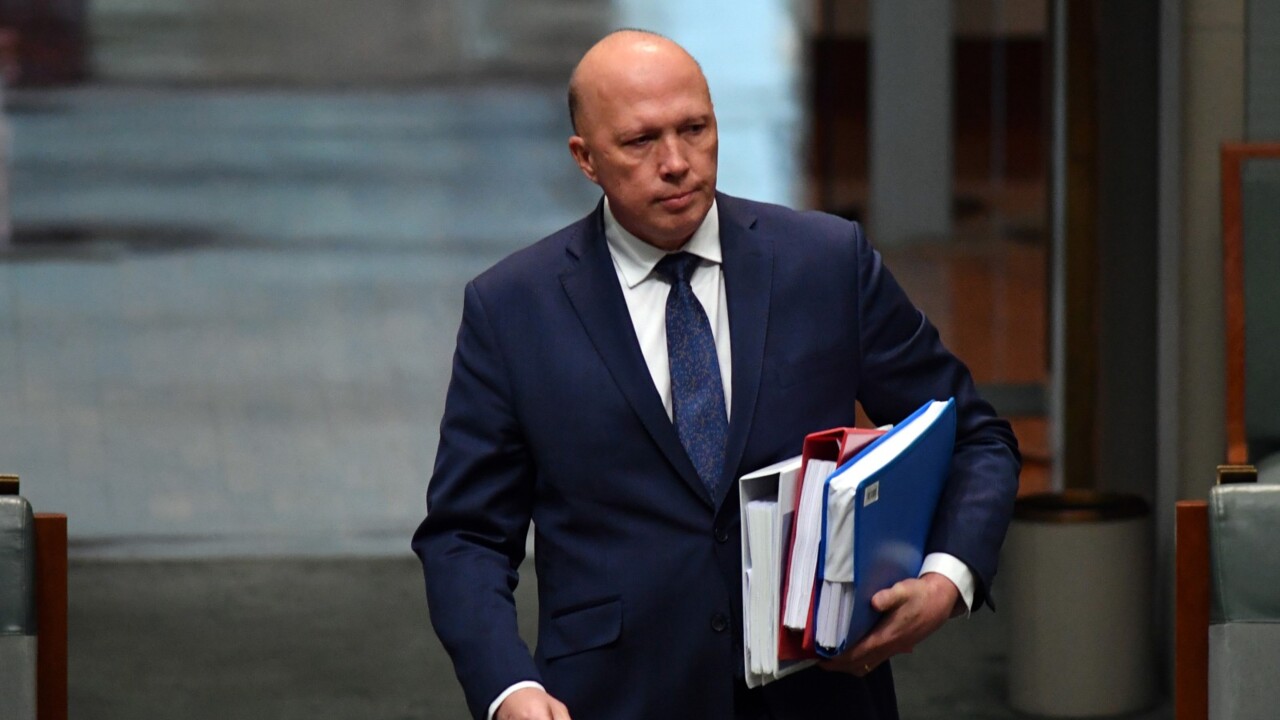
The group plans to finalise its advice to government on the constitutional amendment and wording of the referendum question when it meets in Adelaide next Thursday.
Referendum working group member Marcus Stewart, one of the leaders of a treaty process with the Andrews government as co-chair of the First Peoples Assembly of Victoria, told The Australian: “We are close. A decision will be made next week. We are committed to ensuring the amendment is as strong as possible, as the Australian public and Aboriginal communities would expect. There is no room for mediocrity in this process.
“We look forward to finalising our advice next week.”
In the week beginning March 27, Labor will introduce its Constitutional Alteration Bill containing the precise words of its proposed constitutional amendment for the voice, and the wording of the question that Australians will be asked on referendum day.
The Albanese government is not required to follow the advice of the referendum working group on either the question or the constitutional amendment but the government formed the group last September for the purpose of asking its advice.
In a communique of the 21-member group’s meeting from the office of Indigenous Australians Minister Linda Burney on Thursday, there was little detail about what was discussed.
“The working group progressed its discussions about the wording of the change to the Constitution and the question on the ballot paper. The working group will reconvene next week for further discussion,” the communique said.
“The government will introduce the Constitution Alteration Bill to parliament in the last sitting fortnight in March 2023.
“This will be followed by a parliamentary inquiry. The working group noted this would provide Australians, including First Nations people, with the opportunity to make formal submissions.”
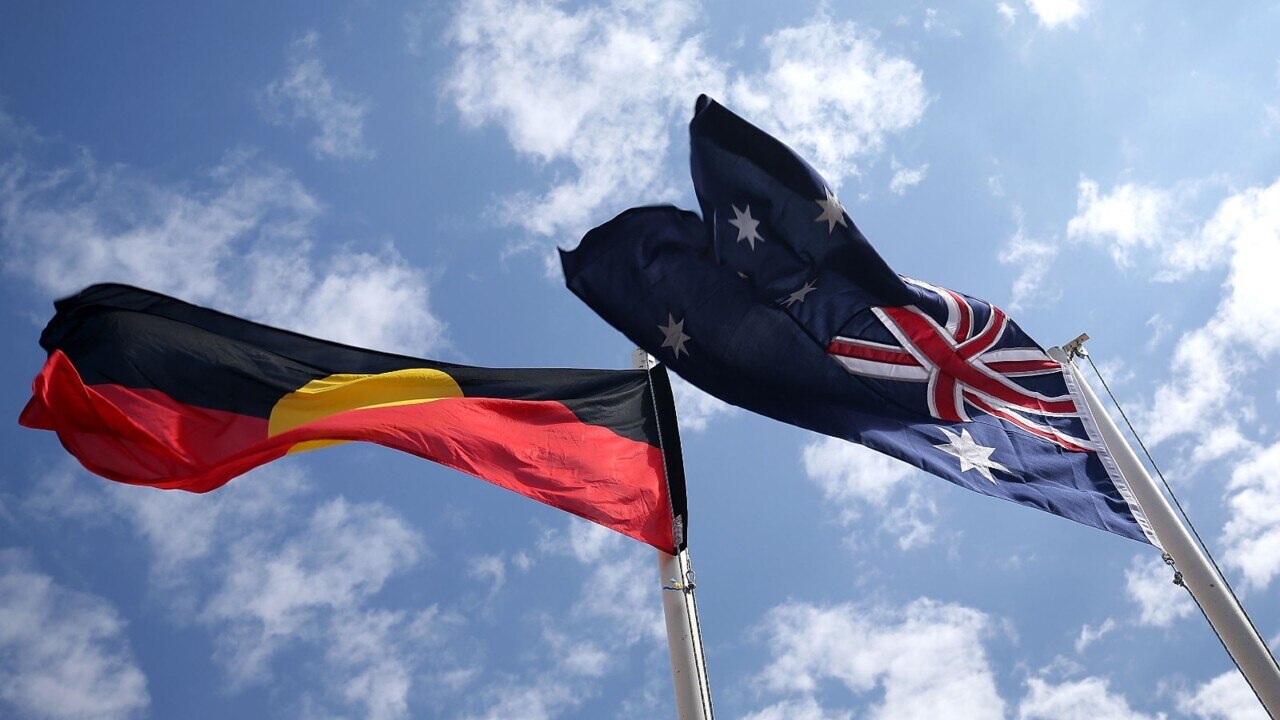
Greens leader Adam Bandt called on the government to ensure there was a “clear message” about why the voice referendum, which he labelled a “step towards First Nations justice”, was important. “There are other things that the Greens will continue to push for like truth and treaty but the point that is being made is we need a clear understanding about why this is important because we want this referendum to succeed,” he said.
Marcia Langton, a member of the referendum working group and a longtime advocate for the voice, told The Australian on Wednesday: “Advice of the voice must be litigable.”
The Indigenous researcher, author and distinguished academic expressed dismay that anyone would insist the voice should be exempt from the legal scrutiny of the courts like any other statutory body in Australia, adding “their argument reeks of subconscious racism”.
Opposition Indigenous affairs spokesman Julian Leeser on Thursday urged both sides of the debate to listen respectfully to each other.
“I understand there is frustration, given the government’s lack of process. The referendum must be an act of persuasion. That means not assuming bad faith by those who might disagree with you,” Mr Leeser said.
“If you are a leader or advocate of the Yes case, then you have a responsibility to listen to the legitimate questions of those who doubt. And if you are a leader or advocate for the No case, then you have a responsibility to listen to the aspirations of Indigenous Australians who see value in a voice.”
Mr Leeser paid tribute to the referendum working group but said there had not been good process from the government.
“We will participate in any public process to debate and improve the question. Up until this point, the government has not involved the opposition, nor has it answered all the reasonable questions of the public,” he said.
“My overwhelming concern is that the referendum is not on track for success because is not answering the reasonable questions Australians have.”

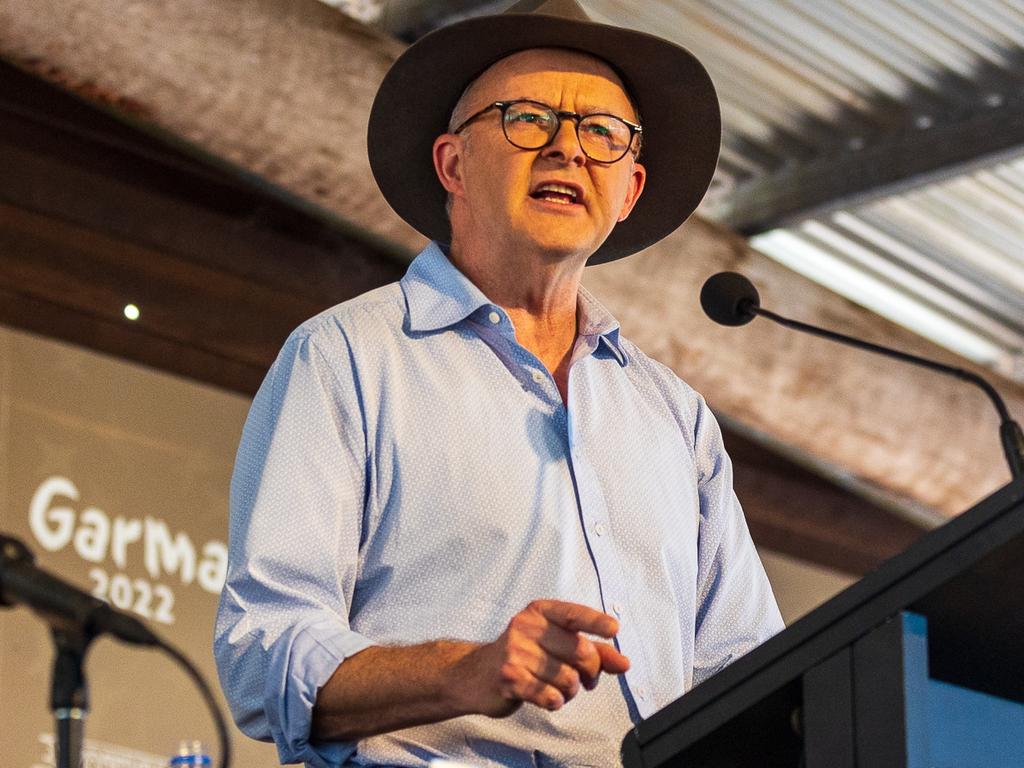
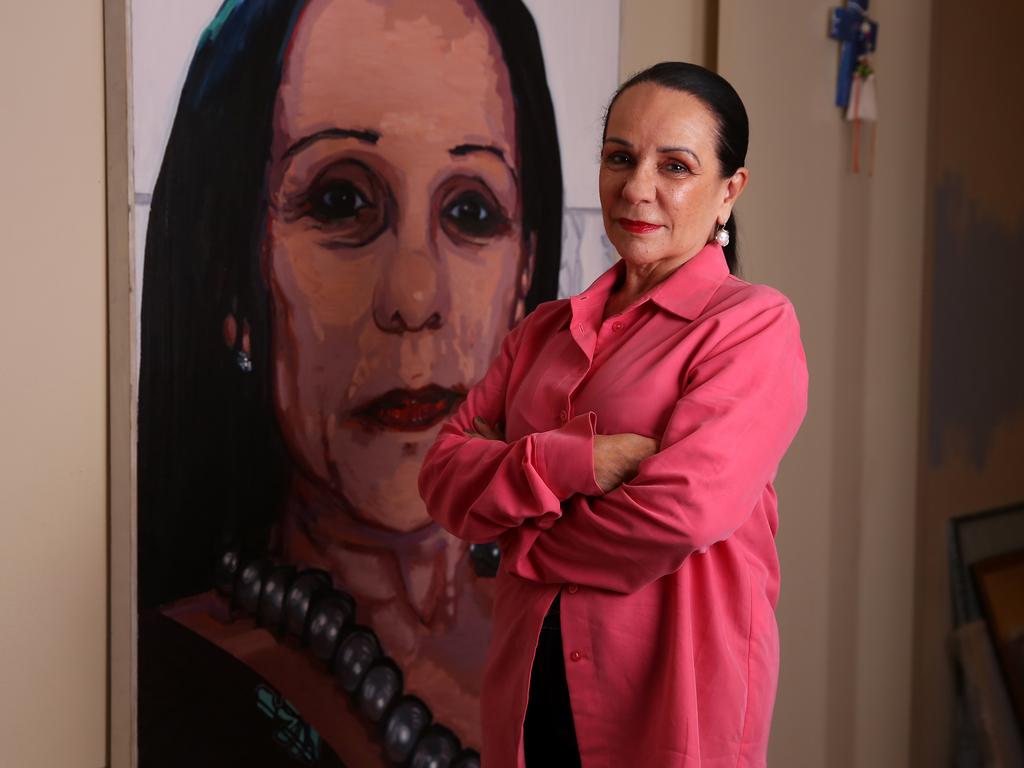
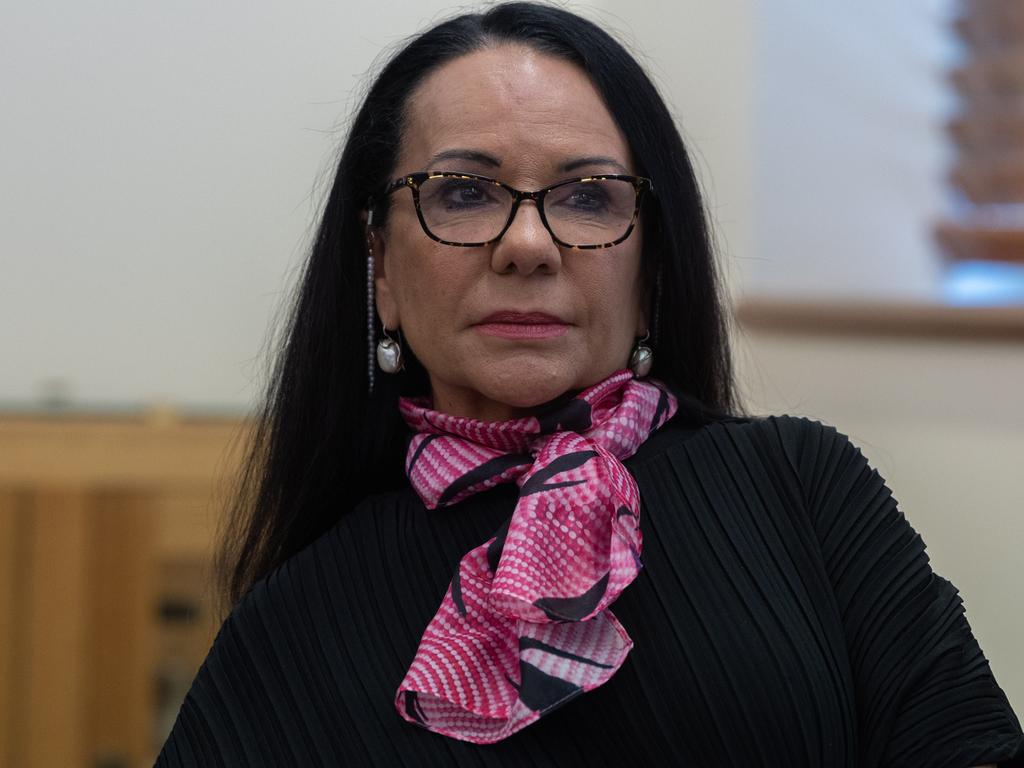
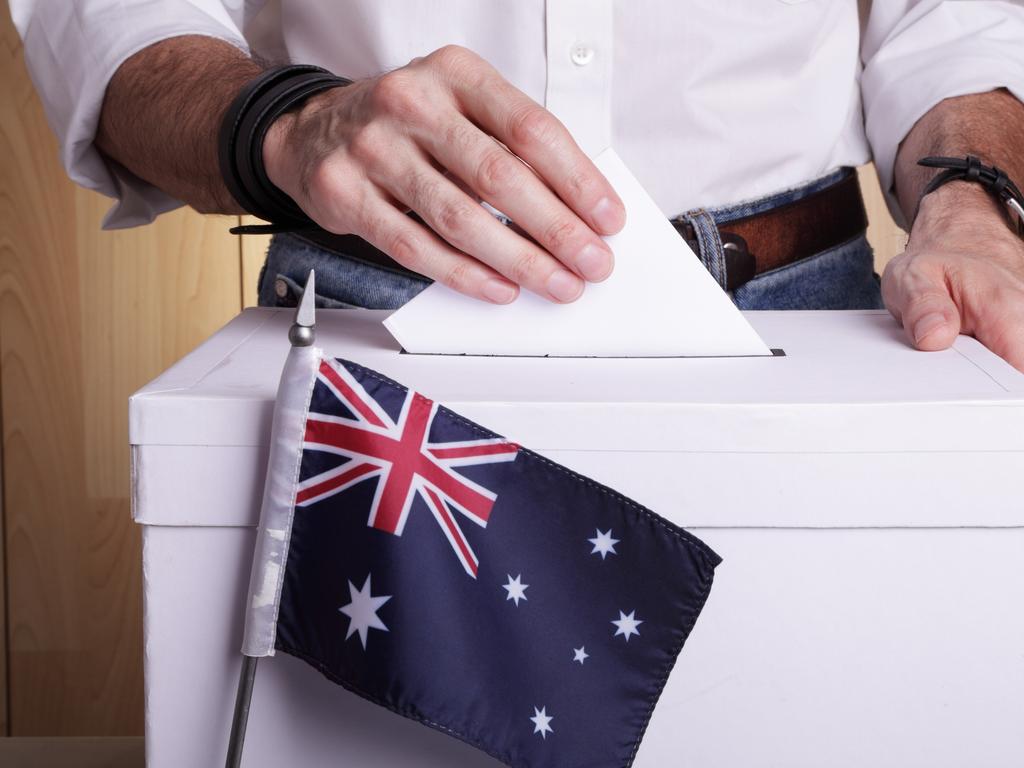
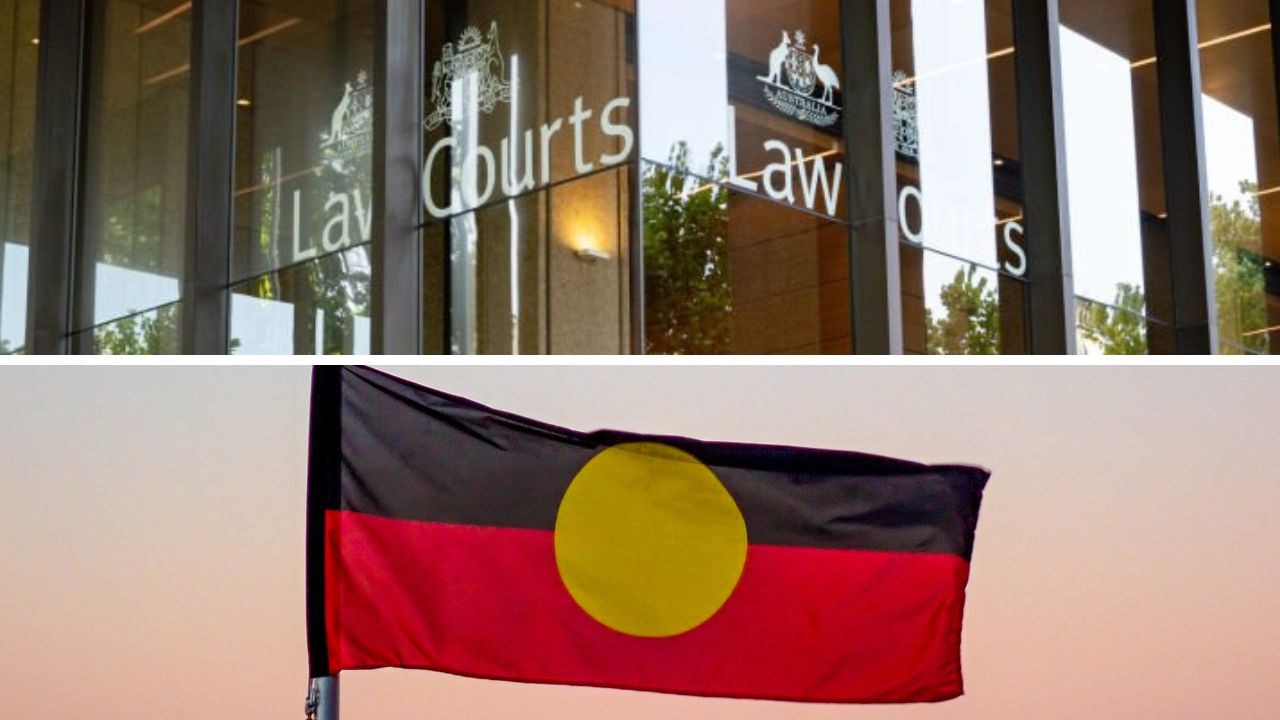
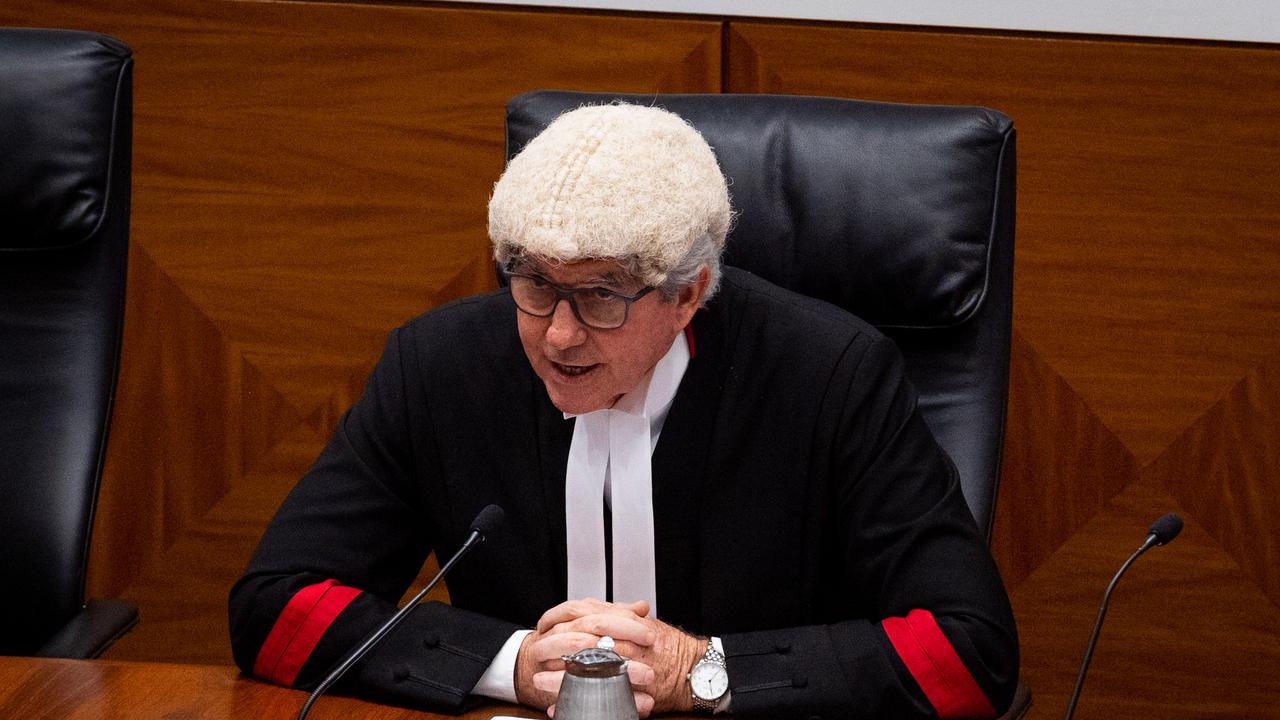
To join the conversation, please log in. Don't have an account? Register
Join the conversation, you are commenting as Logout